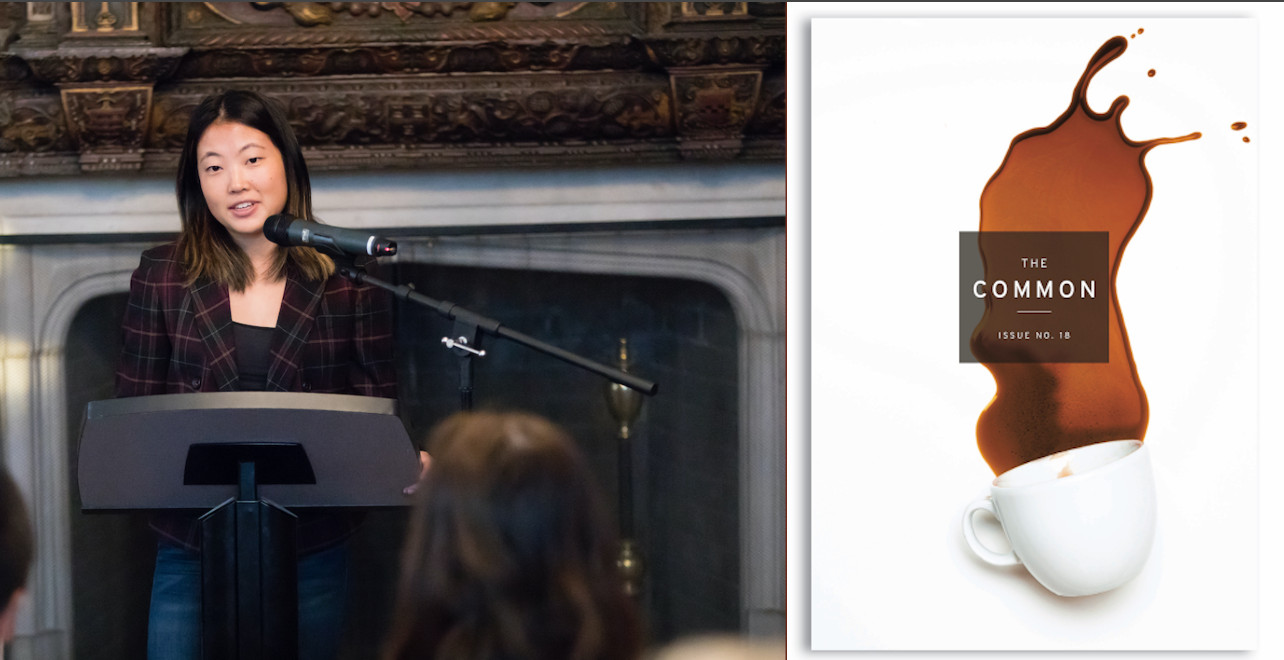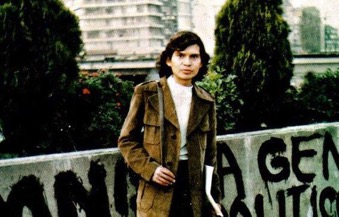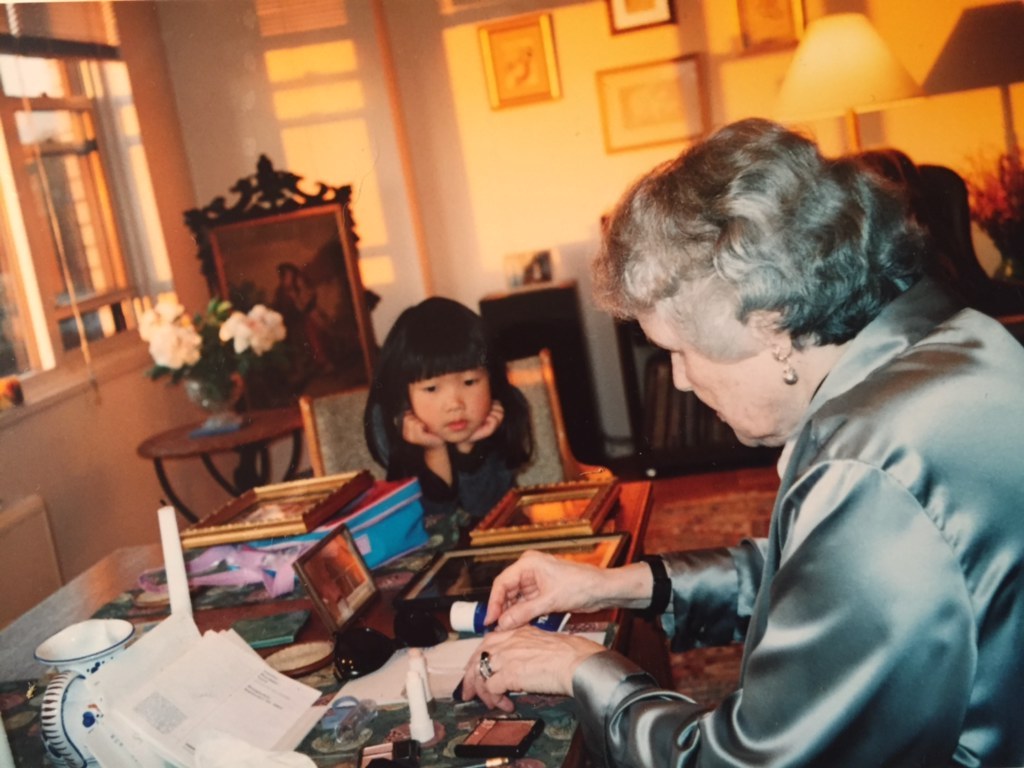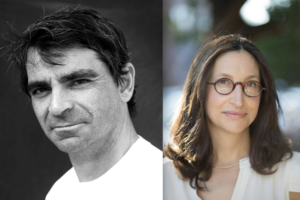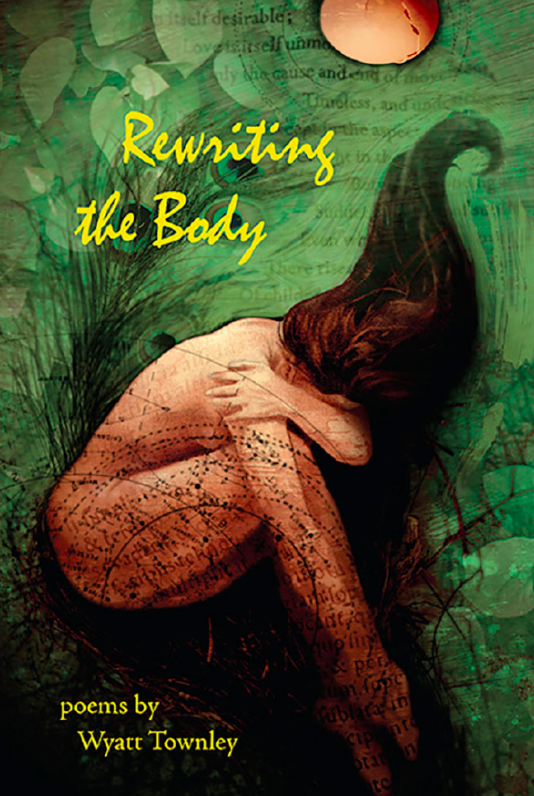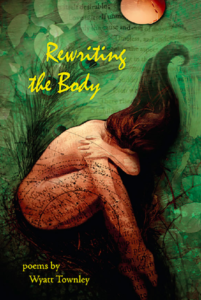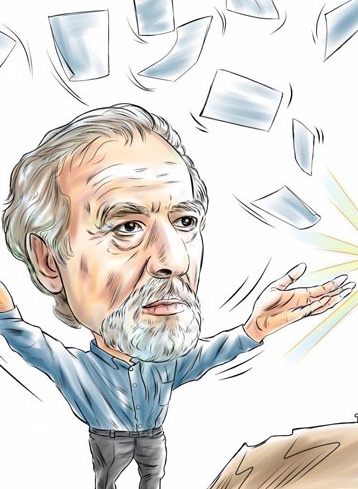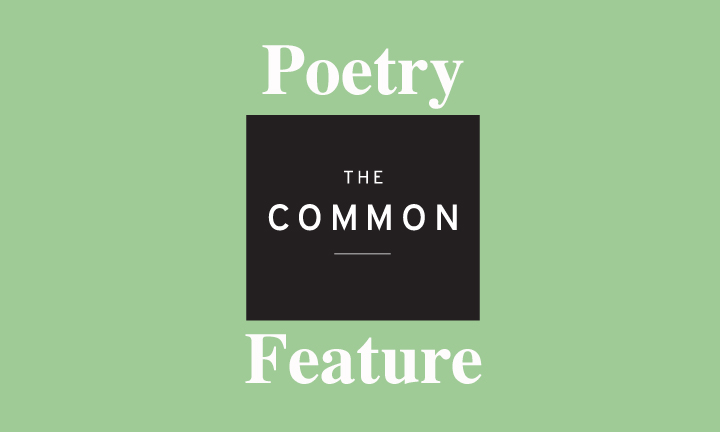By SASHA STILES
The Common is thrilled to welcome Sasha Stiles to our pages for the first time.
Table of Contents:
- Introductory Note
- Uncanny Valley
- Vision
INTRODUCTORY NOTE
What does it mean to be human in a nearly posthuman era? How are the cornerstones of our universal condition—birth, breath, love, sex, faith, death—evolving in the context of biological and computational advances? How does it feel to be mostly flesh and blood in a world increasingly dominated by plastic and silicon, virtual presence and spectral signals? What dark corners of the future and of cyberspace can ancient wisdom illuminate? What does motherhood mean in a world of artificial wombs, lab-grown brains, self-replication, and the uncertain continuation of our species as we know it? Who are these robots, chatbots, androids, cyborgs and intelligences already walking and talking amongst us? Do our avatars make us, in some measure, immortal? TechnELEGY—the ongoing transmedia project and poetry collection from which these pieces are excerpted—is my attempt to grapple with these impossible questions.
—Sasha Stiles



